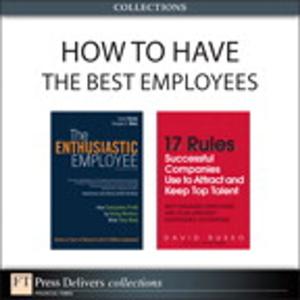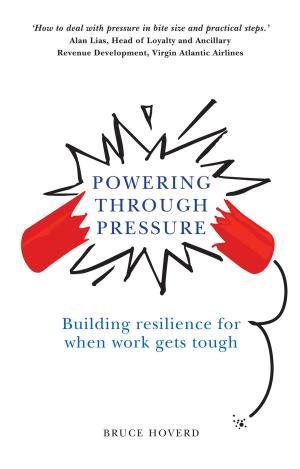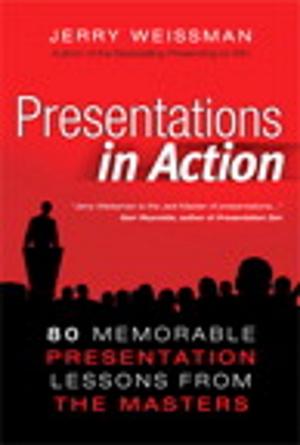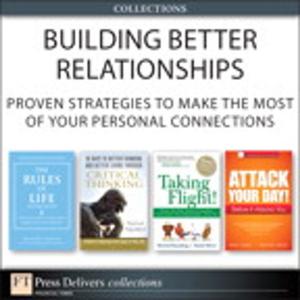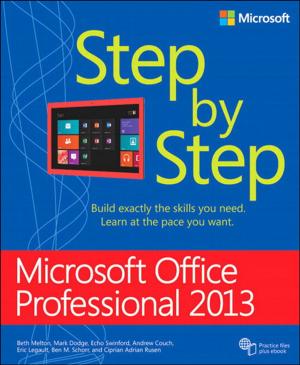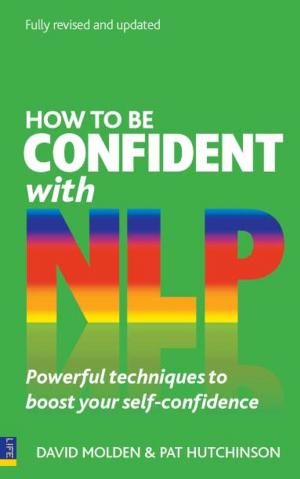The Agile Culture
Leading through Trust and Ownership
Nonfiction, Computers, Programming, Software Development| Author: | Pollyanna Pixton, Paul Gibson, Niel Nickolaisen | ISBN: | 9780133463156 |
| Publisher: | Pearson Education | Publication: | February 20, 2014 |
| Imprint: | Addison-Wesley Professional | Language: | English |
| Author: | Pollyanna Pixton, Paul Gibson, Niel Nickolaisen |
| ISBN: | 9780133463156 |
| Publisher: | Pearson Education |
| Publication: | February 20, 2014 |
| Imprint: | Addison-Wesley Professional |
| Language: | English |
Build Agile Cultures That Unleash Passion, Innovation, and Performance
What do you want? Delighted customers. How do you get them? By rapidly delivering innovative, exciting products and services your customers will love to use. How do you do this? By uniting talented people around shared ideas and purpose, trusting them, helping them take ownership, and getting out of their way. It sounds easy—but you know it isn’t. To make it happen, you must create an agile culture: one that’s open to change and can respond quickly to whatever your customers need and desire. The Agile Culture gives you proven models, pragmatic tools, and handy worksheets for doing just that. Building on their experience helping hundreds of companies, three world-class experts help you align and unleash the talents of everyone in your organization. Step by step, you’ll learn how to move toward a culture of trust, in which everyone knows, owns, and improves the results. You’ll learn practical ways to refocus on differentiators and value, resurrect energy and innovation, deal more honestly with ambiguity and risk, and overcome resistance, no matter where it comes from. This text will help you go beyond buzzwords to transform the way you deliver software—so you can delight customers, colleagues, and executives.
Coverage includes
• Creating cultures of trust and ownership, in which individuals, teams, and organizations can do amazing things
• Assessing where you stand, so you can move toward higher levels of performance, innovation, and motivation
• Leading as an enabler, not a controller
• Rebuilding trust where it’s been lost—or building it where it never existed
• Clarifying quickly the design goals of any project, product, or process
• Using iteration to reduce risk and make commitments you can keep
• Managing uncooperative people (and processes)
• Selecting metrics that focus on business value, foster trust, and don’t compromise ownership
Build Agile Cultures That Unleash Passion, Innovation, and Performance
What do you want? Delighted customers. How do you get them? By rapidly delivering innovative, exciting products and services your customers will love to use. How do you do this? By uniting talented people around shared ideas and purpose, trusting them, helping them take ownership, and getting out of their way. It sounds easy—but you know it isn’t. To make it happen, you must create an agile culture: one that’s open to change and can respond quickly to whatever your customers need and desire. The Agile Culture gives you proven models, pragmatic tools, and handy worksheets for doing just that. Building on their experience helping hundreds of companies, three world-class experts help you align and unleash the talents of everyone in your organization. Step by step, you’ll learn how to move toward a culture of trust, in which everyone knows, owns, and improves the results. You’ll learn practical ways to refocus on differentiators and value, resurrect energy and innovation, deal more honestly with ambiguity and risk, and overcome resistance, no matter where it comes from. This text will help you go beyond buzzwords to transform the way you deliver software—so you can delight customers, colleagues, and executives.
Coverage includes
• Creating cultures of trust and ownership, in which individuals, teams, and organizations can do amazing things
• Assessing where you stand, so you can move toward higher levels of performance, innovation, and motivation
• Leading as an enabler, not a controller
• Rebuilding trust where it’s been lost—or building it where it never existed
• Clarifying quickly the design goals of any project, product, or process
• Using iteration to reduce risk and make commitments you can keep
• Managing uncooperative people (and processes)
• Selecting metrics that focus on business value, foster trust, and don’t compromise ownership

